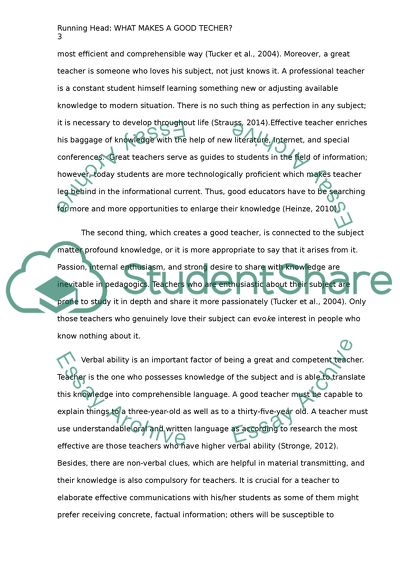Cite this document
(Teacher`s Personality Qualities Case Study Example | Topics and Well Written Essays - 2000 words, n.d.)
Teacher`s Personality Qualities Case Study Example | Topics and Well Written Essays - 2000 words. https://studentshare.org/education/1830028-what-makes-a-good-teacher
Teacher`s Personality Qualities Case Study Example | Topics and Well Written Essays - 2000 words. https://studentshare.org/education/1830028-what-makes-a-good-teacher
(Teacher`s Personality Qualities Case Study Example | Topics and Well Written Essays - 2000 Words)
Teacher`s Personality Qualities Case Study Example | Topics and Well Written Essays - 2000 Words. https://studentshare.org/education/1830028-what-makes-a-good-teacher.
Teacher`s Personality Qualities Case Study Example | Topics and Well Written Essays - 2000 Words. https://studentshare.org/education/1830028-what-makes-a-good-teacher.
“Teacher`s Personality Qualities Case Study Example | Topics and Well Written Essays - 2000 Words”. https://studentshare.org/education/1830028-what-makes-a-good-teacher.


